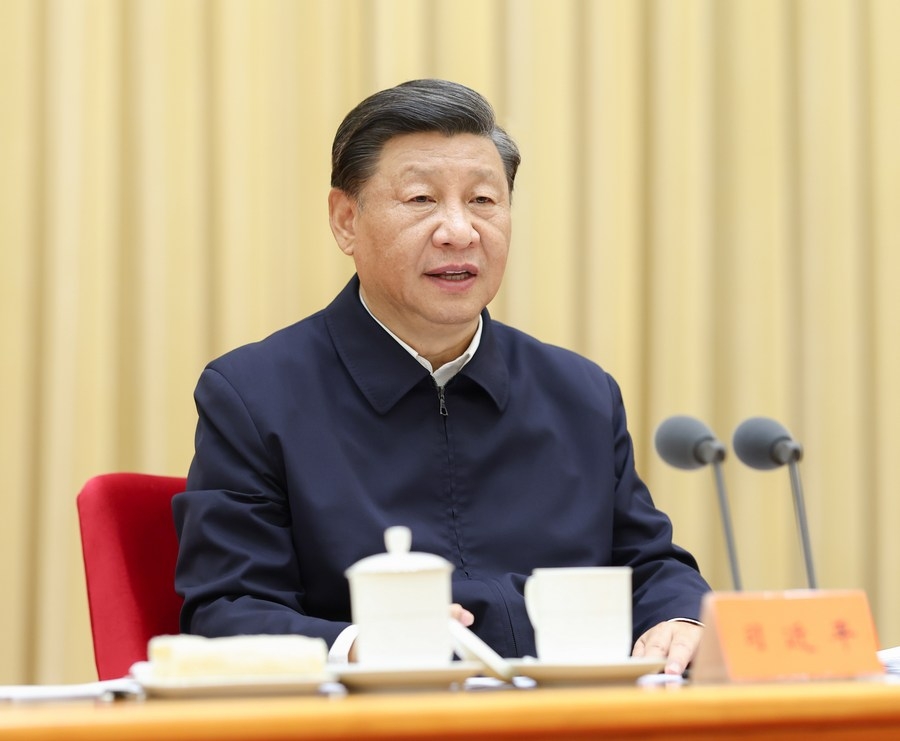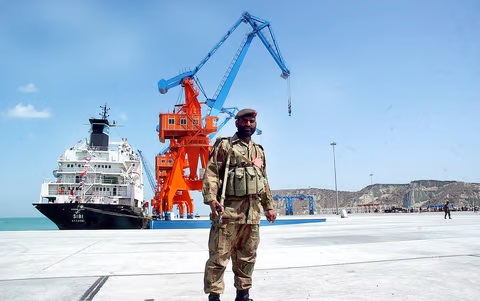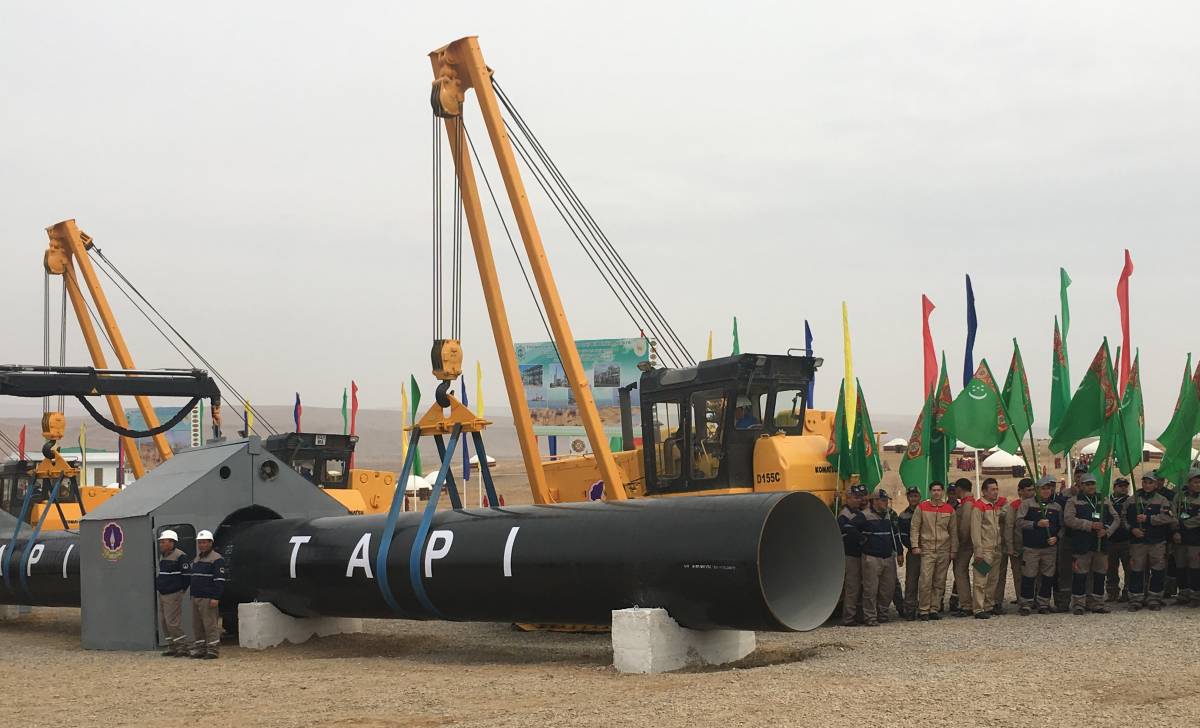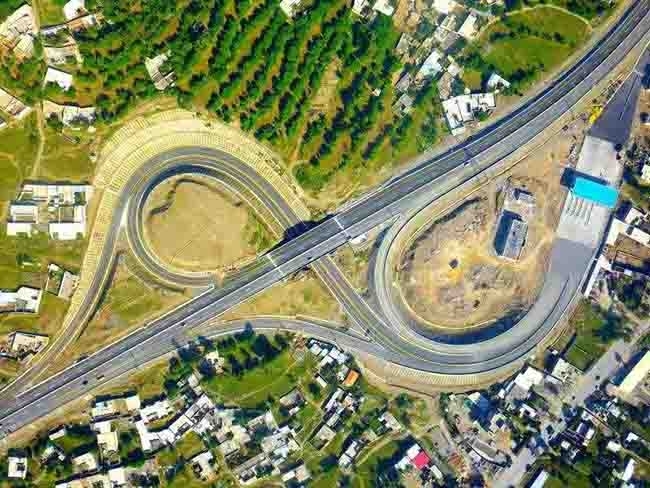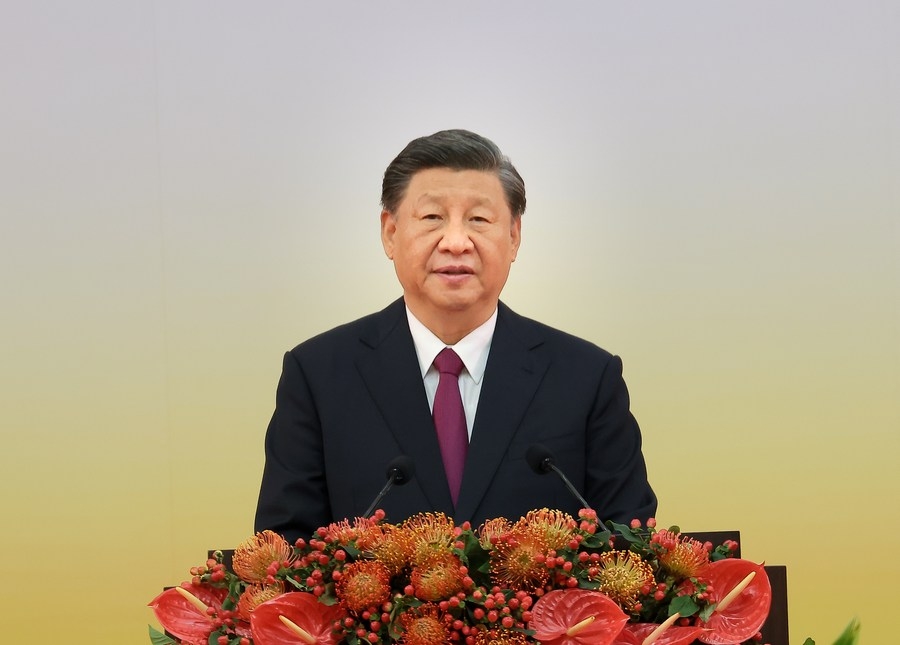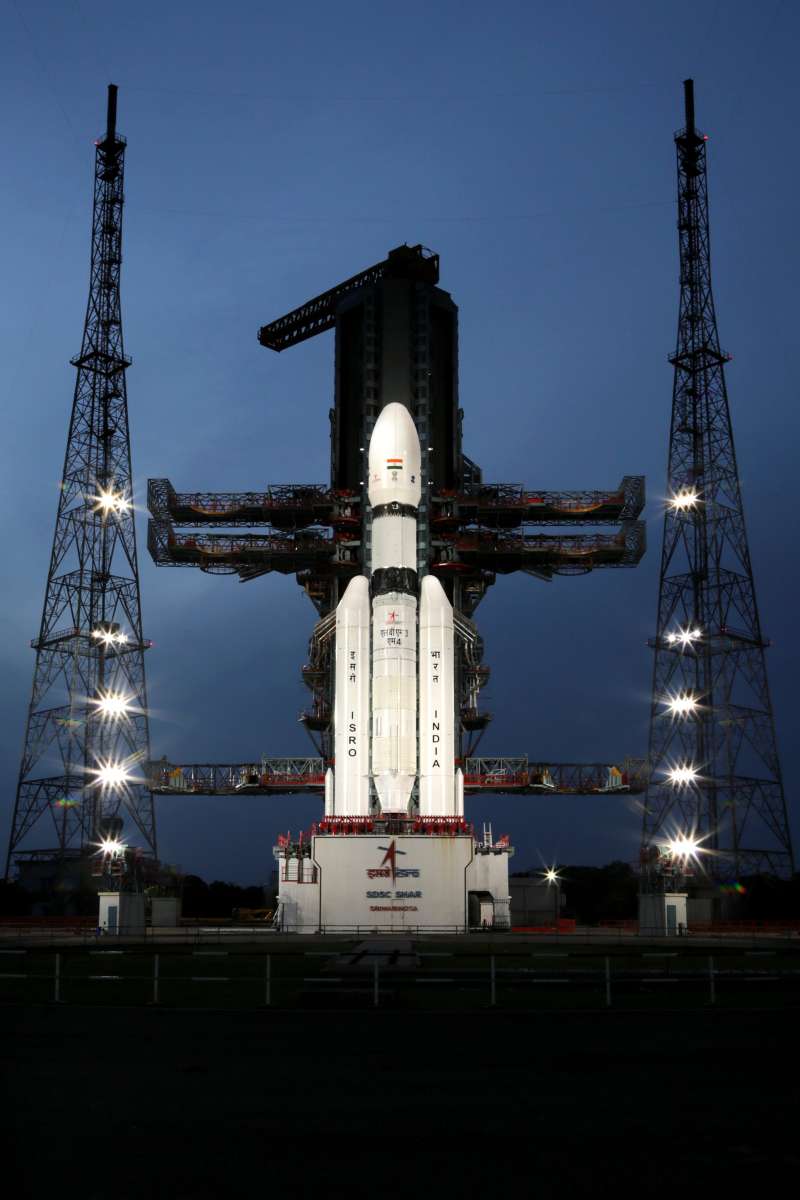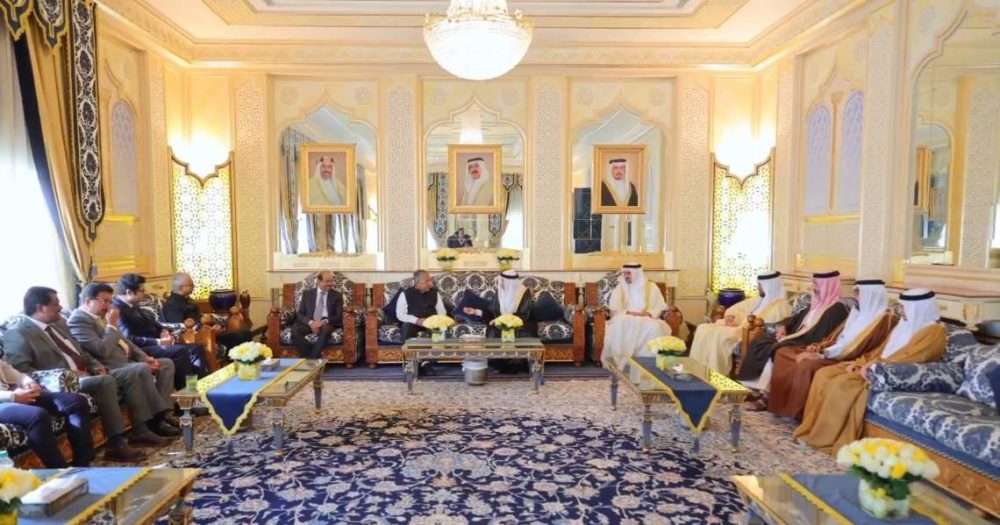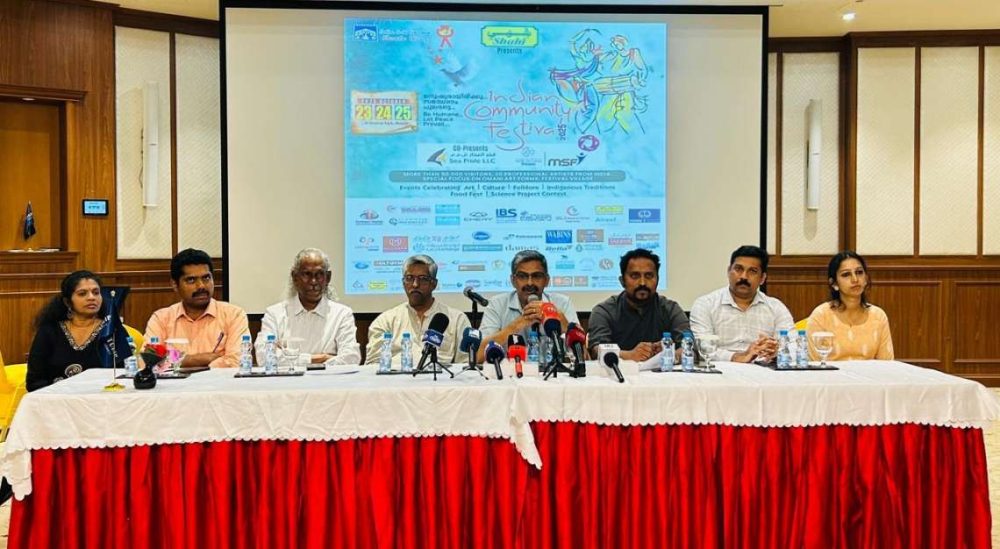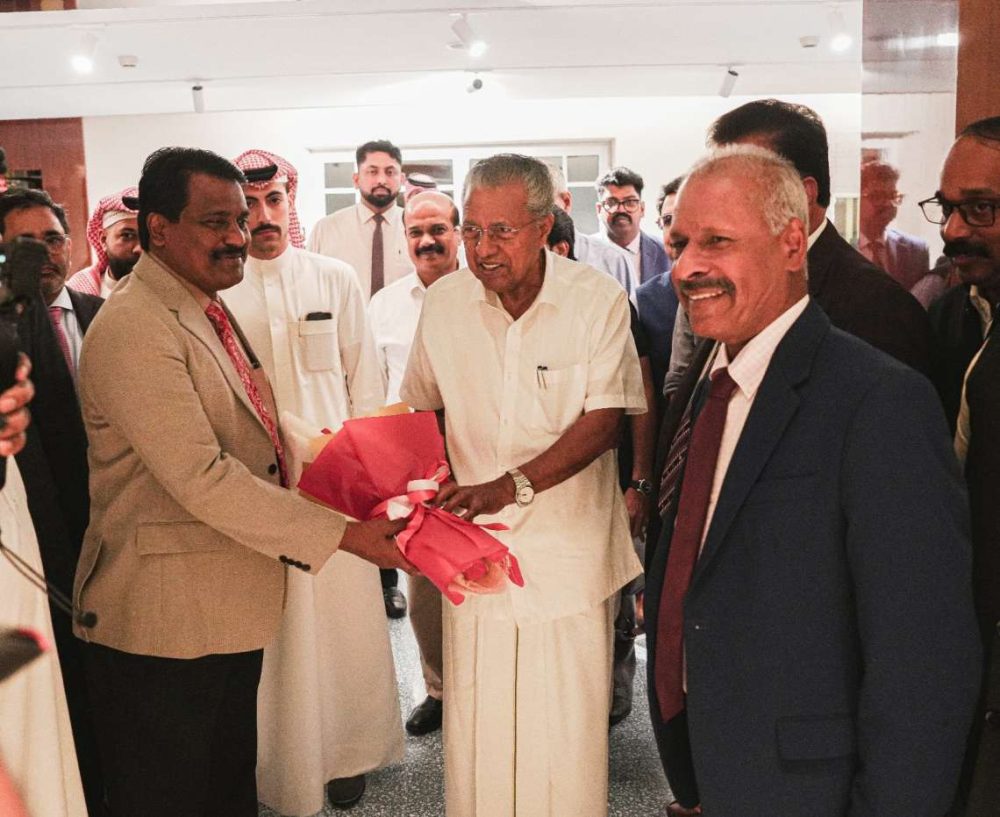The off-tracking of CPEC power projects is being attributed to a lack of Chinese interest in providing more finances amid pilling up of debt in the sector. Critics also contend that the early completion of power projects was driven more by Chinese interests than the infrastructure needs of Pakistan … writes Dr Sakariya Kareem
The power projects often cited as examples of success achieved by Pakistan and China under CPEC are rapidly running out of steam. While the progress on most of the CPEC components has been sluggish since the inception of the project umbrella in 2015, the power sector was seen as an outlier with several completions achieved. However, going by the developments o the last few years, the power projects seem to have joined their laggard peers.
The off-tracking of CPEC power projects is being attributed to a lack of Chinese interest in providing more finances amid the pilling up of debt in the sector. Critics also contend that the early completion of power projects was driven more by Chinese interests than the infrastructure needs of Pakistan.
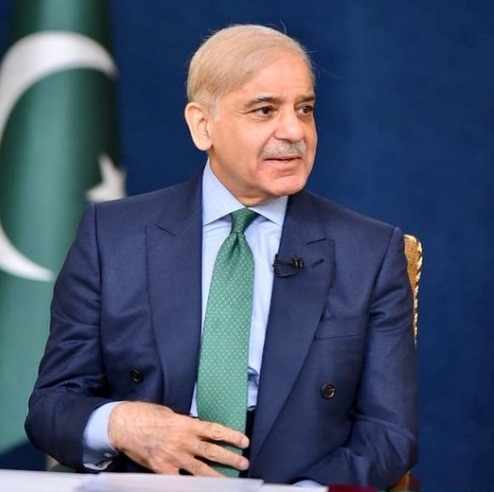
The Shanghai Thar Coal Block-1 presents the latest instance of a power project facing Chinese reluctance in financing. The 1320 megawatt local coal project was inaugurated in March 2023 by Pak Prime Minister Shehbaz Sharif. The plant was envisioned to reduce dependence on imported coal for power production in the country. However, the financial closure of the project appears uncertain now as the Industrial and Commercial Bank of China (ICBC) has reportedly decided to withdraw $300 million of its financing commitment. Although the project had started, the financial closure was pending as Sinosure was seeking due approval from the Chinese government.
As per some executives of Shanghai Electric, the non-availability of any financier may lead to its application for financial close not getting approved. The financial problems in the project are arising out of the power division’s inability to clear the outstanding bills of the plant. Since the start of the project, Pakistan’s Central Power Purchasing Agency is said to be paying only 50-75 per cent of the monthly invoice of the company, as compared to its claim of settling 85% of dues to all CPEC Independent Power Producers (IPPs). The demand of the power generation company for an increase in the tariff from PKR 8.3 to PKR 21 per kilowatt hour is expected to further strain the financial position of the power division.
The project is believed to be ailing from operational issues as well. According to some unnamed sources from the Pak Ministry of Planning, Development and Special Initiatives (PD&SI) recently quoted by the Pakistani newspaper, Business Recorder, the newly-established plant is facing frequent disruptions. Many forced outages were observed in May 2023 due to technical faults in its coal mines. The presence of huge amounts of mud in coal is said to have resulted in faults in these mines. The power regulator of the country, the National Electric Power Regulatory Authority (NEPRA) was also seen taking note of the recent problems in its operations.
Earlier, Chinese reluctance in providing support to power projects in Pakistan became apparent in the case of the Neelum Jhelum Hydropower Project (NJHP) located near Muzaffarabad. The 969-megawatt project which started in April 2018 has remained halted since July 2022 due to blockage I its 68 km-long tunnelling system and the Chinese have been quite slow in repair work. For several months, the company responsible for maintenance work, China Gezhouba Group Company (CGGC) kept delaying the work on one pretext or another. Among other things, it blamed the local protests near the plant and the failure of the Pakistan police to offer credible security.
On the other hand, Pakistani authorities maintain that the Chinese company has often been found violating the security protocols at the site. The problems, though seemingly of coordination or security, indicate a shift in the way China look at providing incremental support to power projects in Pakistan. Unsure of getting the desired rate of return from a country confronting an unprecedented economic crisis, Chinese companies have been visibly cautious. Overall, this cautiousness has also started to obscure Beijing’s strategic vision of CPEC.


